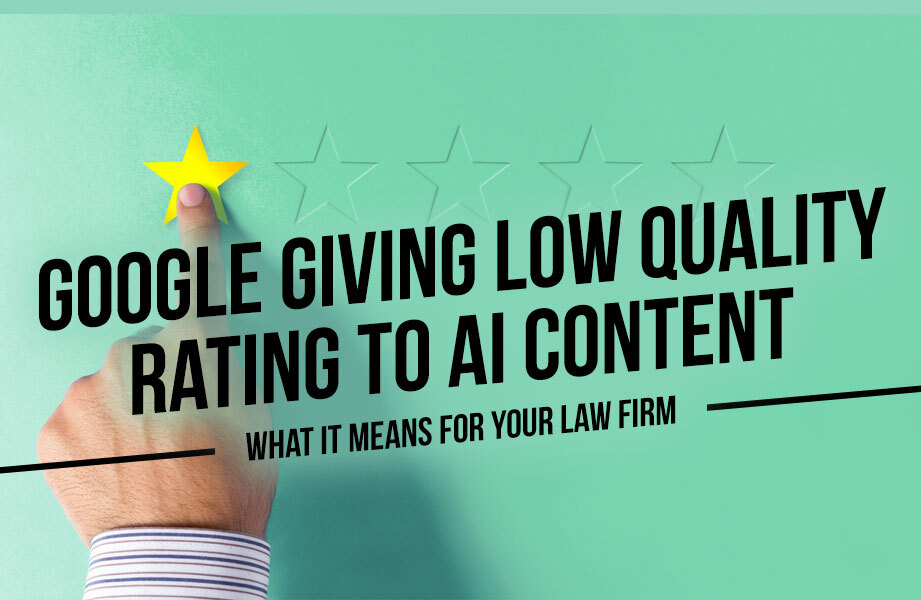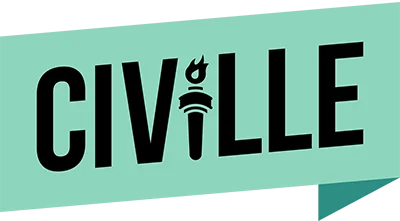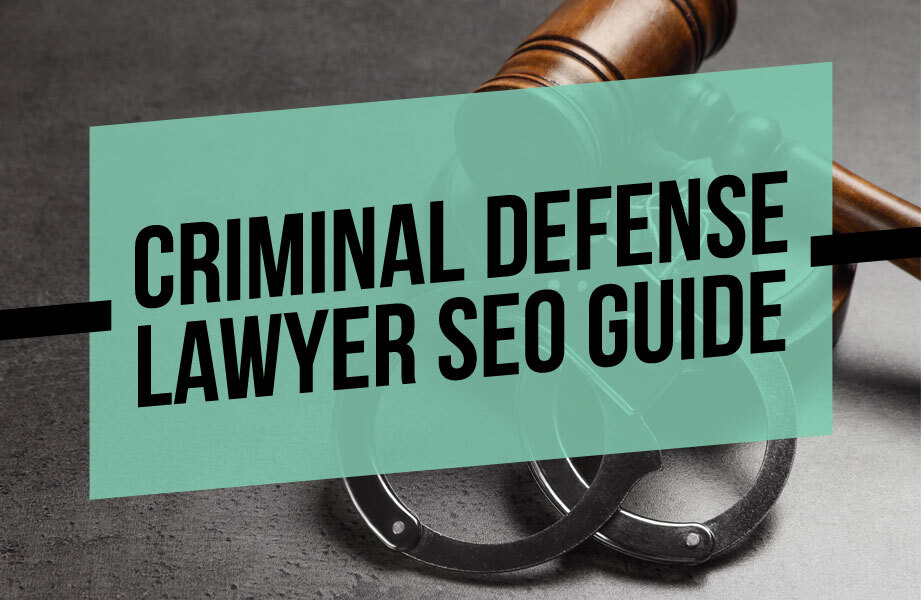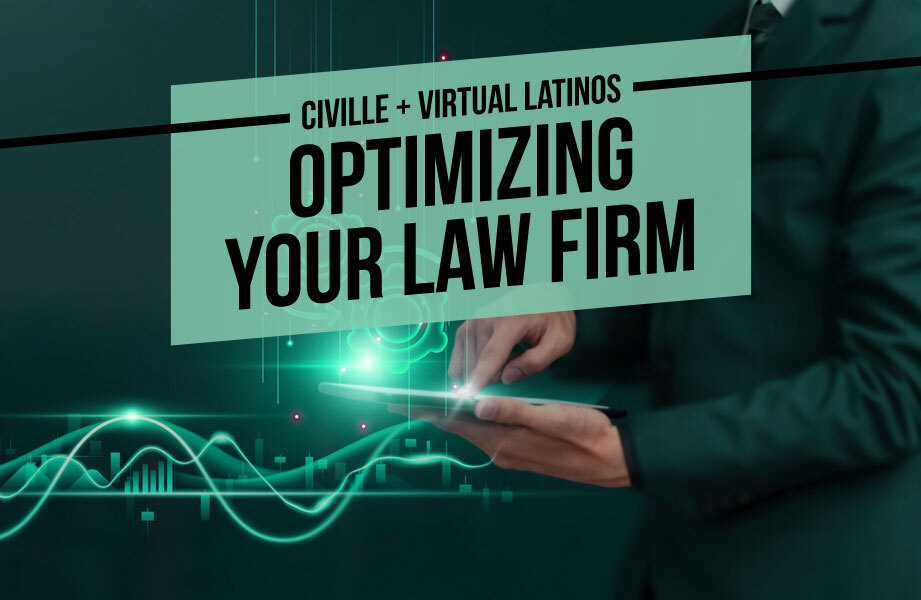
We’ve done the research. Now, Google has confirmed what we already found out: AI content is being scored as low quality. But it’s not the algorithm that is doing the checking – it’s people.
This admission came out at the recent Search Central Live Madrid conference. Search Analyst and Search Relations Team Lead John Mueller told the audience that Google is now asking quality raters to assess if the main content of a page is generated by a human or AI. And if the determination is AI, it receives the lowest quality score.
Read More: Civille’s AI Content Case Study
What Changes for Google and AI Content?
The warning on the dangers of AI content on your company’s website was part of the January 2025 algorithm update. But until now, outside of independent studies, it was unclear what, if any, actions were being taken.
And recently, Google updated the internal instructions it gives to its human quality raters – the people who manually review search results to help Google understand what’s working and what’s not.
Their message was clear: If content looks like it was generated quickly by AI and doesn’t provide anything original, helpful, or people-focused, it’s considered low quality. That means your site could be seen as less trustworthy or less relevant – two things that definitely don’t help your law firm’s SEO.
Why This Matters for Law Firms
AI can be helpful for drafting blog posts, FAQs, or landing pages, but law is a different beast. Legal content has to do more than just fill space – it needs to reflect expertise, address real legal questions, and build trust with potential clients.

If a blog post sounds like it could live on any law firm website, it’s probably not going to move the needle. Worse, it could damage your visibility over time. Google wants to see content that shows clear experience, authority, and value, not something a robot could spin out in seconds.
In addition, the law is always changing. You need experts who understand the ongoing complexities of your individual state’s laws and craft content to those unique specifications. And humans can also do what AI can’t – create content on a legal topic that doesn’t already exists online.
Common Traps to Avoid
Here’s where some law firms go wrong with AI-generated content:
- Overgeneralized legal pages written for every city or county, but all basically saying the same thing.
- Surface-level blog posts that don’t explain how the law works in your state or jurisdiction.
- Pages packed with keywords but lacking clarity or substance.
- A sudden huge influx of content on a site that didn’t commonly post at that high frequency.
Google’s new stance means this type of content could be dragging your entire site down.
What You Should Do Instead
Here’s how your law firm can stay ahead of the curve and still benefit from AI—without risking your rankings:
- Start with AI, but finish with a human. AI is a great tool for structuring ideas or generating drafts. But a lawyer, or someone who knows the legal space, needs to shape that content into something trustworthy and client-ready.
- Make it local. Make it personal. Talk about local laws. Reference real situations. Add your perspective. That’s what makes content valuable and unique.
- Think quality, not quantity. A single in-depth blog that answers a common client question will do more for your SEO than 10 templated pages that say nothing new.
- Don’t try to trick the algorithm. Google’s getting smarter. If your content is only built to rank, it probably won’t for long.
AI Content and Your Business. Be Smart.
If you’re a law firm relying on AI to produce content, now’s the time to check in on quality. Use AI as a tool, but not a shortcut. Focus on delivering helpful, trustworthy, and original information, and you’ll be on the right side of Google’s updates.
The content of your site can add to the value of your brand in so many ways. Don’t miss this important component of a brand and SEO strategy by taking shortcuts. You’ll be doing your potential clients, and your SEO, a huge disservice.
Need help turning that strategy into action? That’s what we do.





